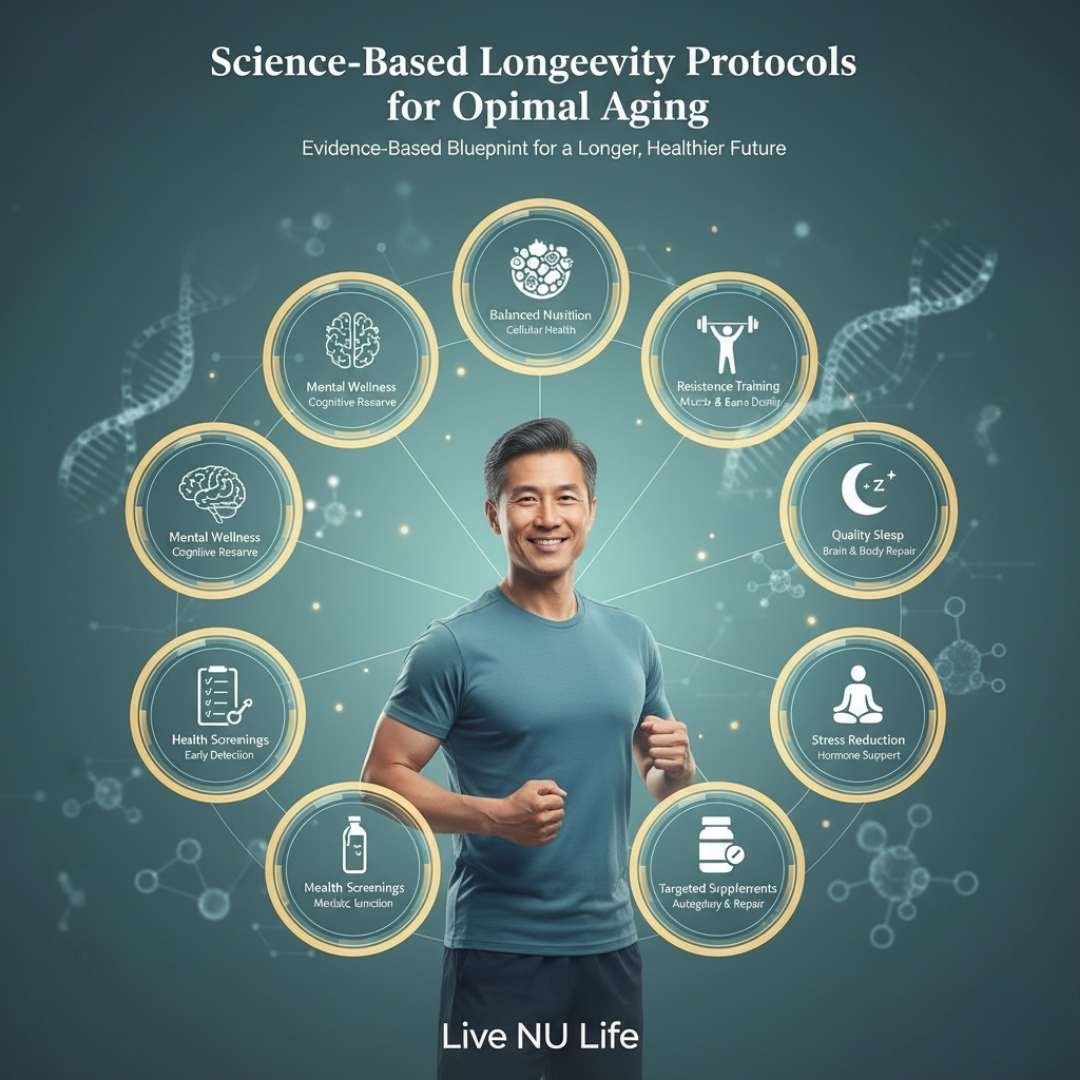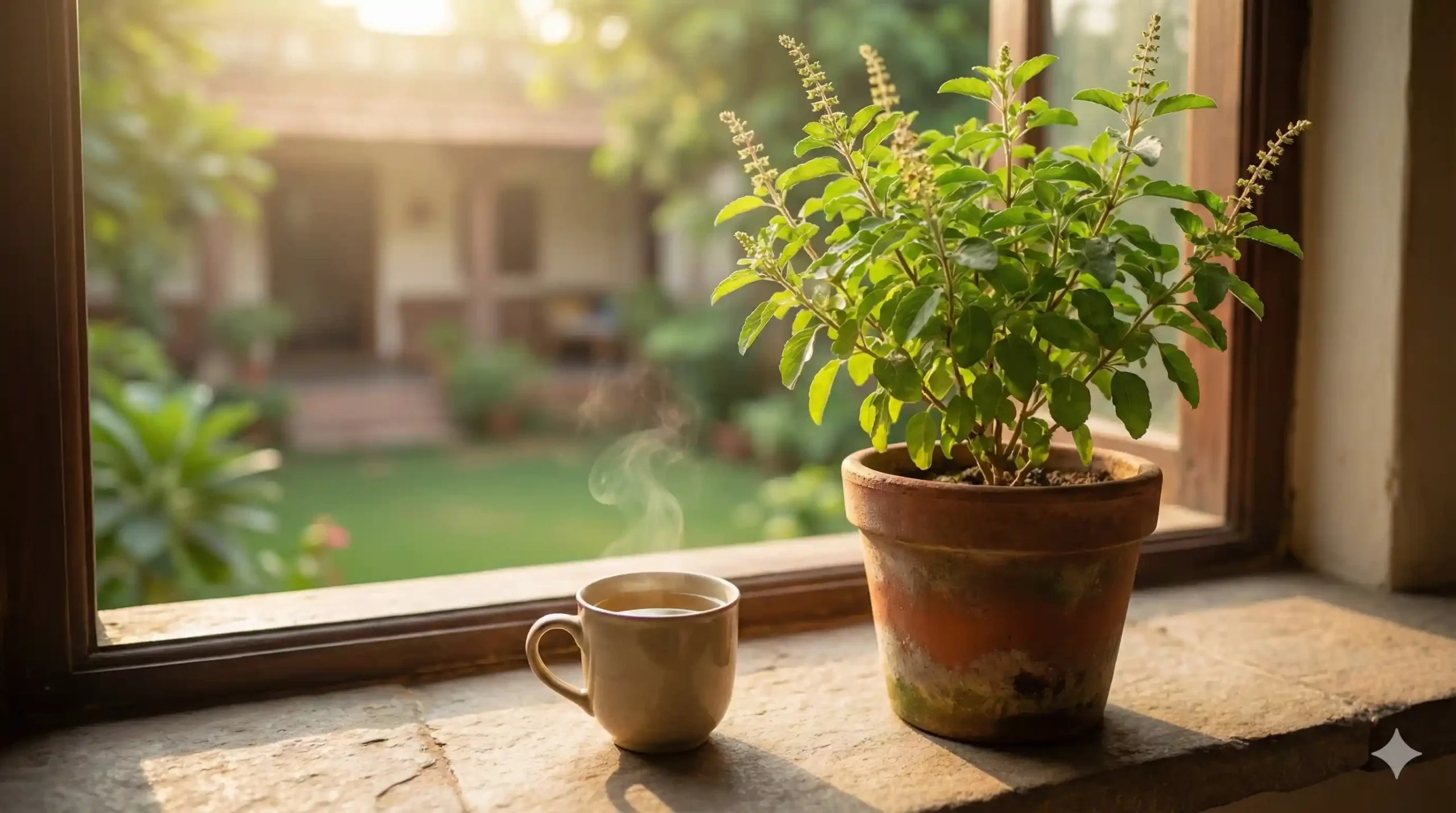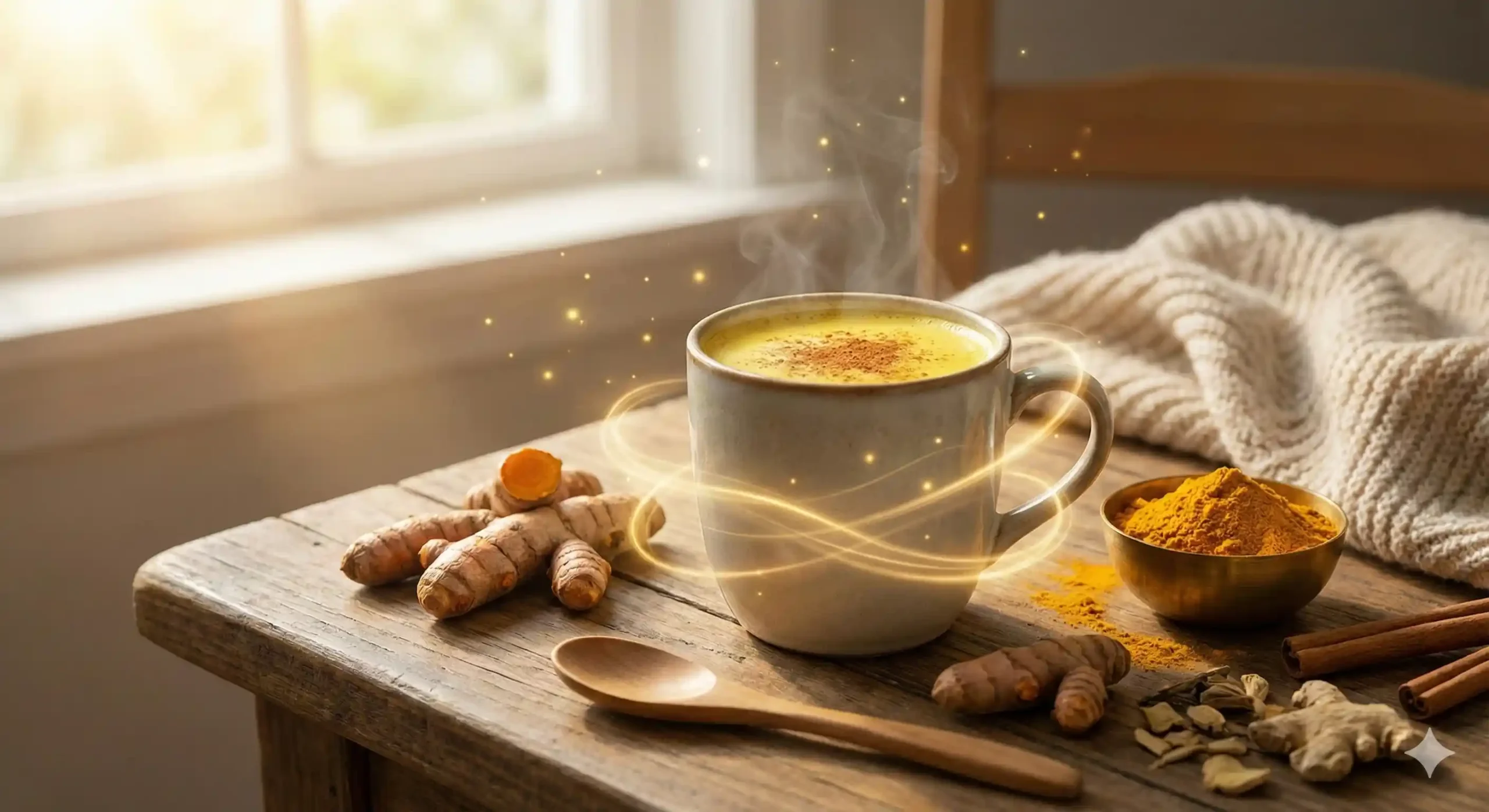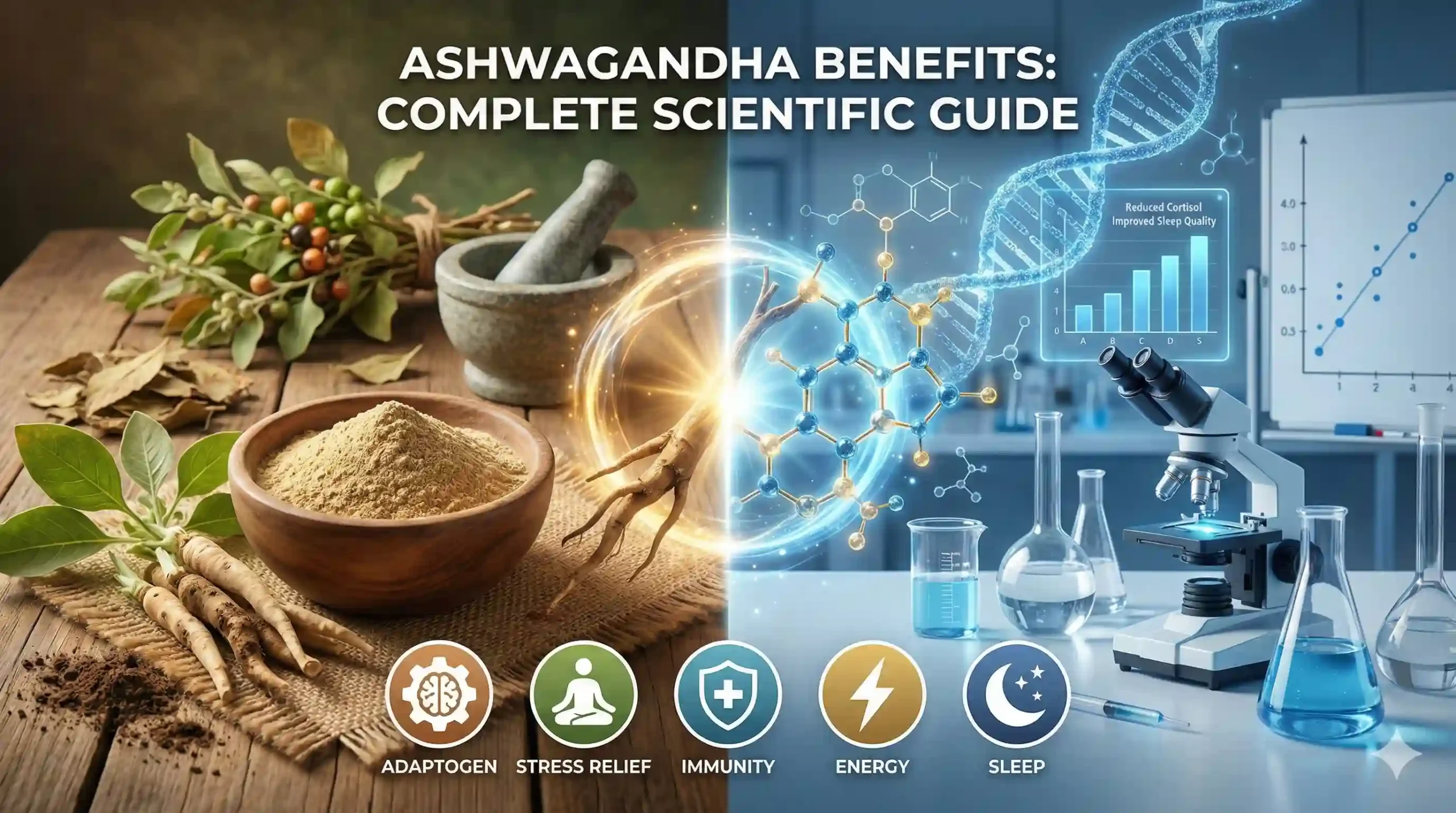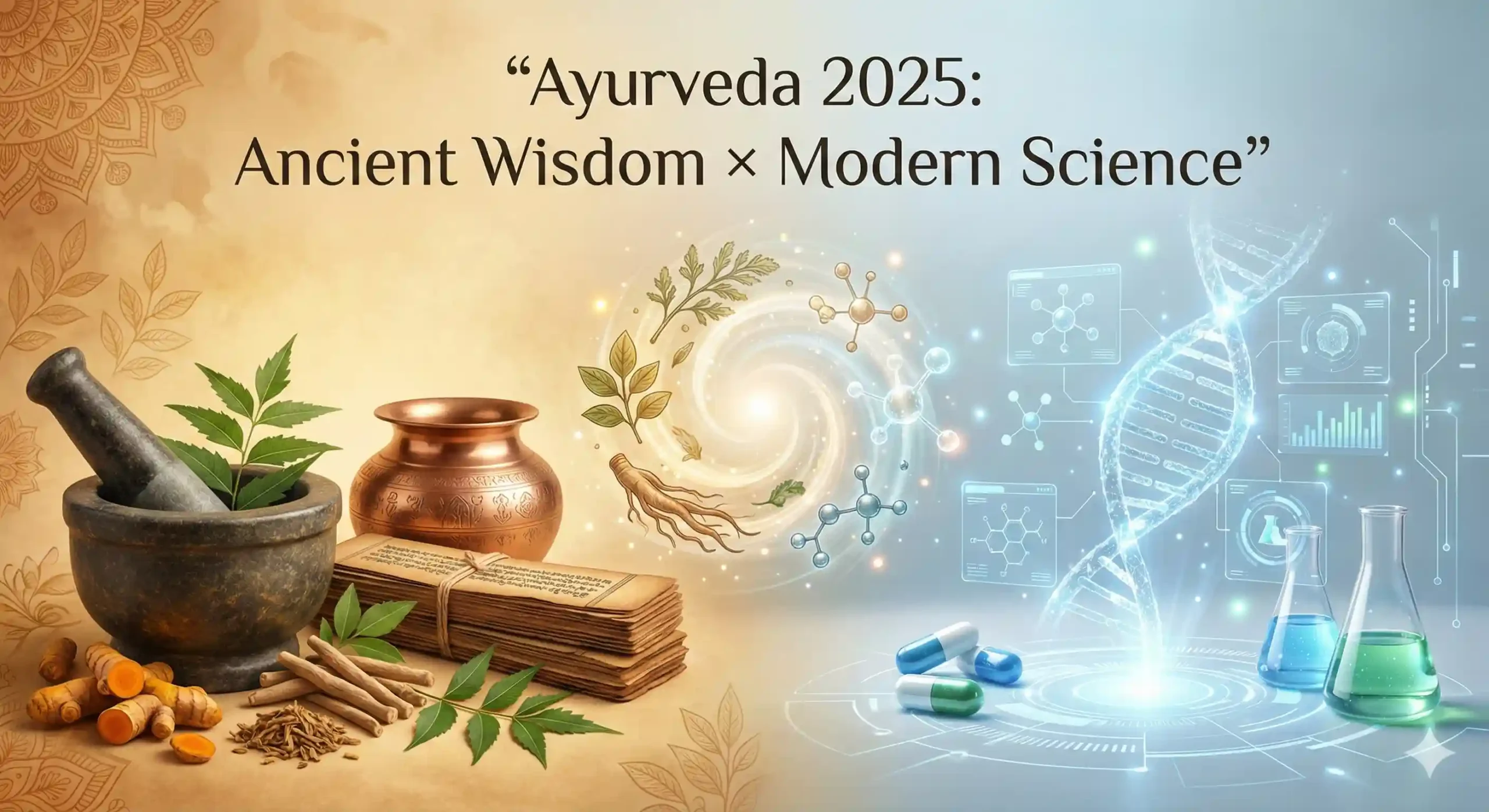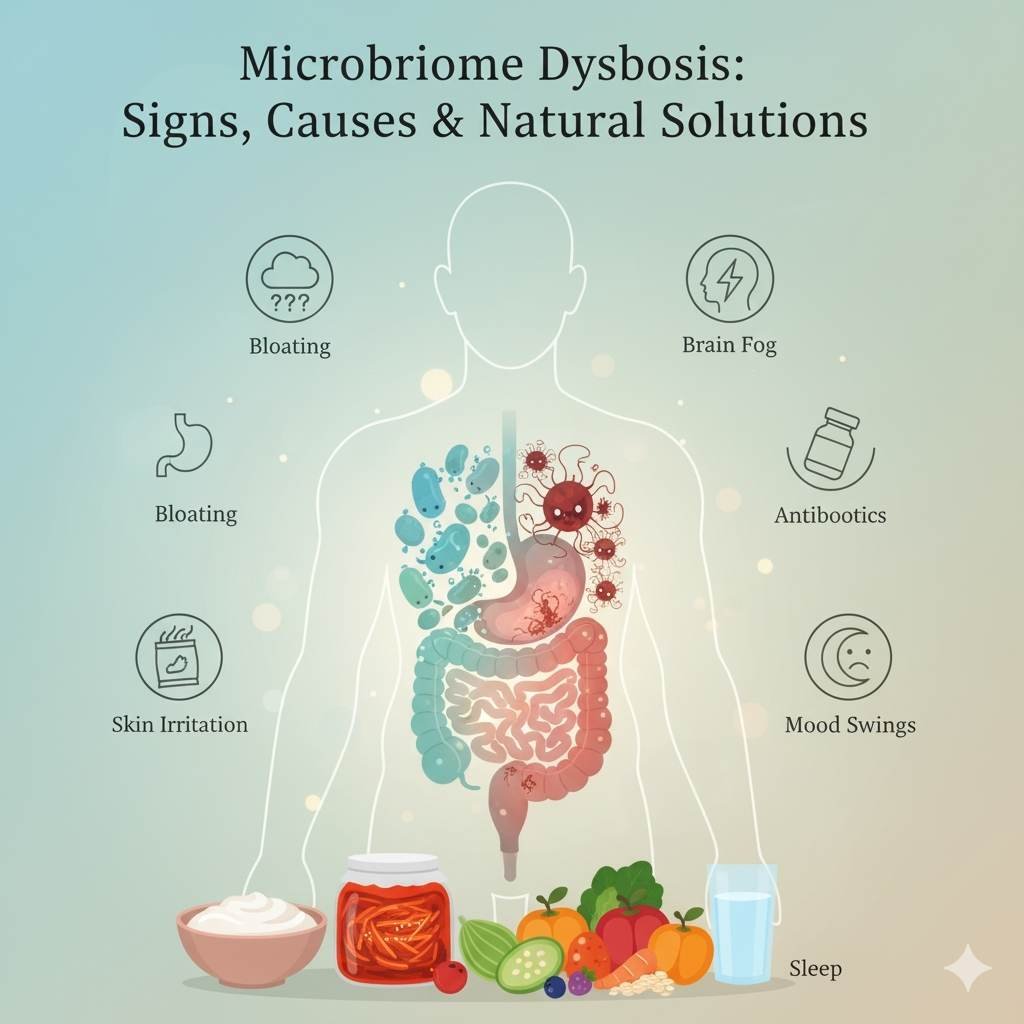Aging comes for everyone. Nobody skips it. But you can face it with a plan. Use these science-backed practices. These are not fancy words or miracle cures. But these are simple things. Try them and repeat. Some you may already know. Some will feel new. (Do not pick only the easy one. Use all you can.) Try, adjust, and live better. Like fixing a bike—one gear at a time.
Why Care About Longevity?
First, why do this? Think. Not only for “live long.” For living well. Do you want to walk, garden, play with your grandkids, or cook for your partner, even when you’re 90? This guide shows steps. Do. Age will come, but you will go strong. (Like old oak, not dry twig.)
Master Sleep—Repair Time for Cells
Get serious about sleep. Many skip this (think: “I sleep later”). Bad for everything—memory, muscles, mood. Sleep fixes many problems (heartburn, forgetting keys, aching knees).
- Sleep 7-9 hours (as the doctor says, not less).
- Go to bed same hour. Wake same hour. Every day. Even Sunday.
- Room cool (think: cave, not oven).
- No phone light before bed. Blue light tricks the brain. Keep TV off. Read the book.
- Caffeine only before 2 p.m. (or your heart rate).
- Use blackout curtains if light comes inside (like an owl, which loves the dark).
(Sleep does big repair. Like a mechanic working on car parts at night. Not skip this. The body needs it.)
Move Every Day—Don’t Rust
The body is like an old door hinge. Don’t move, it rusts. Move it, it lasts longer.
- Walk daily. 5,000 to 8,000 steps. Count on the phone if you like.
- Stand up after 45 minutes if sitting (in office, at desk, Make phone calls walking).
- Add two “strength” days per week. Use big muscles. Push, pull, squat. Try bodyweight if the gym scares you (push-up, sit-to-stand from chair).
- Add “cardio” day. Faster heart. Brisk walk, dance, cycle. No need marathon. Just breathe fast.
- Try “balance” moves (stand on one leg for 30 seconds. Make tea at the same time. Fun.)
(Body shape change, but muscle protection. Falling, break hip—move keep hip strong. Move, keep in mind, young too.)
Eat for Repair, Not Only Pleasure
Food is medicine. Not a joke. Not saying “only salad.” But pick food that helps, not hurts. Think plant, color, variety.
- Eat plants (half your plate. It is easy. Think of broccoli, spinach, beans, carrots, and change with the season.)
- Eat enough protein (older bodies use less well. Example: eggs, fish, legumes, tofu. Add at each meal.)
- Pick whole grains (swap white rice for brown sometimes).
- Good fats. Avocado, nuts, olive oil (skip margarine, skip trans fat).
- Important for the gut and heart. Oats, beans, chia seed, berries.
- Fermented food (yogurt, kimchi, real sauerkraut. (Not fake vinegary pickles.)
- Less added sugar. Like, real dessert is a birthday, not every day snack.
- Drink water (pee should look clear/light yellow. Use this trick.)
(Eating is like making oil for an engine. Wrong type of gum-up system. Right one run smooth.)
Watch Your Blood (Numbers Don’t Lie)
Do a check-up. Not waiting to feel sick. Blood shows truth.
- Check blood pressure. Home monitor better.
- Know your sugar (fasting glucose, A1c every year).
- Lipid panel (cholesterol, LDL, HDL, triglyceride).
- Check the kidney, liver, and vitamin D sometimes.
- If the doctor says “pre-diabetic” or “cholesterol high,” fix now—do not wait for medicine.
- If family history of early heart attack, do more, check earlier.
(Think of a dashboard on a scooter. Light blink—time to fix. Same with blood.)
Keep personal health notes in a notebook (old style is fine).
Build Muscle, Not Only Cardio
Cardio is good. But muscle is better for aging. Muscle is the body’s reserve. Lose muscle—hard to recover.
- Strength train 2-3 times per week. Can use bands or water bottles (no fancy gym).
- Focus on large muscles: legs (squat), back (pull), chest (push).
- Go to the “challenging” zone. Not pain, but not too easy.
- Rest one day between strength days.
- After 50, muscles go away faster (called “sarcopenia”). Only fighting is lifting things.
(Muscle is like money in a bank. Save, don’t spend fast.)
Protect the Brain—Stimulate and Soothe
The brain is not a stone. It changes every year, even when 80. Train it.
- Learn a new hobby. Example: play chess, learn dance, write a poem (bad rhyme okay).
- Read daily. Not only news, but also a story.
- Do puzzles, sudoku, and crosswords.
- Talk to people (socializing keeps the mind alive).
- Listen to music. Sing or play if possible.
- Meditate or pray—a quiet mind helps memory.
- Sleep enough (see the above section—key for the brain).
(Brain-like path in garden. Walk a new way, the path stays clear. Stop walking, get overgrown.)
Build Bone Strong as Bamboo
Fall break bone. Try avoid. Start bone care young, but never too late.
- Use weight for exercise (bones like stress, help build).
- Eat calcium (example: dairy, tofu, greens, almonds).
- Vitamin D matters—get sun (10 minutes on arm and face, before 9 a.m. if in a hot place).
- Check bone density after 50 (doctor can order. Look for “osteoporosis”).
- Limit soda, less salt. Both make bones thin.
- For women, menopause drop in bone mass. Take extra care.
(Bones like a tree trunk need support for strong branches.)
Gut Health—Your Inner Soil
The gut is like a garden inside. Grow good things, dig out weeds. Gut bacteria matter.
- Eat fiber (repeat: beans, oats, nuts, fruit).
- Fermented food (see above).
- Don’t overuse antibiotics. Kill good and bad both.
- Drink water. Stool not hard means enough.
- Poop every day or every other day—good sign.
(Gut is “second brain.” Fix tummy, mind clear, immune better.)
Mind the Mind—Stress Will Age You Fast
Stress dries up the body (like a heatwave to a river). Stress can cause cell ageing. You should learn control.
- Breathe slow, deep. Do 10 times. Count 4 in, 6 out.
- Ten minutes, morning or night. (Use the app if needed. Try “Insight Timer.”)
- Move your body—it kills stress. Walking is enough.
- Sleep (yes. See above).
- Write worries on paper at night. Tear and throw. (Strange, but it works.)
- Talk to a friend or family member (no need to solve the problem. Just speak.)
(Heart and mind are two wheels on one bicycle. Need both round, not flat.)
Keep Social Roots
Loneliness is dangerous. Same as smoking. Community helps heal. Humans are social.
- Call one friend today and have a ten-minute talk.
- Meet group once per week (temple, club, tea shop, choir).
- Help a neighbor (carry a bag, share fruit).
- Hug people (if they like).
- Say “thank you,” mean it.
(Humans like trees in a forest. Alone, weak. Together, strong.)
Manage Weight—Not for Vanity, for Health
Weight climb after 40. Not a joke. But not only for looks. Extra weight can cause diabetes, joint pain, and less energy.
- Eat slowly. Chew each bite 15 times at least before swallowing.
- Use a small plate.
- Measure waist (not only weight). Keep under half height.
- No food after 8 p.m., whenever possible.
- Drink water before eating.
- Do not skip a meal (you overeat later).
(Remember—weight is not everything. Health top goal.)
Alcohol and Smoking—Strong Enemies
No way around. Smoking destroys years. Alcohol, if too much, also cuts life.
- If not started, never start. If smoke, look for help. Small win, big benefit.
- No “safe” level of smoking.
- Alcohol—max 2 drinks for men, 1 for women. But no drink is even better.
- Alcohol is like “empty calories”—nothing good for health (occasional social okay. Daily, no).
(Like a car with rust. A small spot becomes a big hole.)
Sun—Friend and Foe
The sun is life. But too much damage skin can cause cancer.
- Go out for the sun early morning. Get vitamin D.
- Use a hat, long sleeves if out long time.
- Use sunscreen if fair skin or are in a sunny location. SPF 30+.
- Sunburn is no joke. Old burns make a worse problem later.
(Treat skin like a favorite shirt. Protect and cherish.)
Get Vaccinated—Update Programs
Don’t forget the vaccine. Protect yourself now and avoid any big problems.
- Flu shot every year (before winter).
- Pneumonia vaccine after 65.
- Shingles at 50+.
- Tetanus booster every 10 years.
- Ask the doctor about new vaccines (science moves fast).
(Vaccine works like a shield, not always perfect, but better than none.)
Do a Yearly Health Tune-Up
Every year, take a half day and visit the doctor for a blood draw, eye test, and teeth cleaning.
- Blood pressure.
- Sugar and cholesterol.
- Cancer check: breast (women), prostate/colon (men), skin (all). Family history—do earlier.
- Eye and teeth. Gum disease is a big problem.
(The human body is like an old car. Small check catches big trouble soon.)
Discover top science-backed options for optimal aging in our Best Longevity Supplements: Evidence-Based Guide.
Quick Weekly Protocol Checklist (Tape to Fridge or Bathroom)
- 7-9 hours of sleep every day (dark, cool, quiet).
- Walk every day, plus 2x strength.
- Colorful plate, mostly plants, add protein.
- Drink water with meals (check pee for color).
- Social call or meet, once per week.
- No smoke, less/no alcohol.
- Sunscreen if early, sunscreen if late.
- Meditate or breathe, 10 minutes.
- Write down worries at night.
- Update vaccine (yearly).
- Lab/test—once per year.
Learn the essentials of What is Fitness and Nutrition for balanced living.
What Does This Look Like in Real Life
Monday: Wake at 6:30, walk park for 20 min, oats/fruit/yogurt breakfast, pack a boiled egg for a snack. Work 9-5, stand up for a stretch each hour. Dinner early—dal, brown rice, stir veg. Call an old friend at 8.
Wednesday: Strength at home—push-up, squat, band row. Lunch—bean salad with lemon. Meditate for 10 minutes after lunch. Read a short story before sleep. Sleep 10:30.
Friday: Go to the local market. Buy carrots, pumpkin, spinach. Cycle for 30 min. Treat—dark chocolate, three squares. Early to bed.
Nourish your heart with 6 Top Foods to Improve Heart Health and boost vitality.
How Science Proves This Protocol
All points above have study behind. Many large groups were watched by the researcher. Example:
- Sleep quality is linked to memory and immune health, less dementia, and heart problems
- Moving daily reduces the risk of diabetes, heart disease, and broken bones
- Protein + strength stops old age muscle loss (“sarcopenia”)
- Social connect—less depression, live longer
- Control stress lowers risk of disease—real science, not just “feel good”
- Gut bacteria help the immune system and the brain
Use PubMed or CDC for updated proof, if you want more details. (Search “longevity protocols.”)
Learn how to age gracefully and boost longevity with our Anti-Aging Wellness: Complete 2025 Guide.
What to Avoid—Longevity Myths
- No single “magic” pill (not resveratrol, not NMN).
- All suppliers offer good food.
- No “biohack” can replace exercise, real sleep.
- No “detox” juice (just eat fiber, liver handle).
- No “forever young” promise. Aim strong, not immortal.
(Check for news that sounds wild. Ask: “Is there real data?”)
Discover 10 essential habits to boost longevity in our guide: 10 Daily Habits to Extend Your Healthspan in 2025.
Keep Simple, Keep Doing
Long life is like building muscle. It can be a daily habit, not a big leap. Some days may feel hard. That is okay. Keep walking, keep eating right, keep calling friends. If you fall off, start again.
(Even small habits, over the years, build a big, strong life.)
Discover ancient wellness practices in our guide on Traditional Chinese Fitness Techniques to boost energy, balance mind and body, and improve overall health.
Discover effective strategies for calm and clarity in our guide to 5 Natural Stress-Busting Techniques That Actually Work.
Frequently Asked Questions
- How much to move for good aging?
Move your body every day (do not skip like the rainy season). Count: 150 minutes every week—walk, cycle, swim. Chop wood, sweep floor, dance—make heart pump (like climb a small hill). Two times each week do strength. Lift something (bag of rice, baby, bottle). Use body. No gym needed. (Grandpa walks to the field, the bucket. Same work.) - What food makes the best aging?
Fill half with a plant (green, orange, bean). Morning—oats or millet, mix nuts. Lunch—dal, spinach, brown rice. Dinner—fish, egg, tofu sometimes (need protein each meal). Chew slowly, drink water. No packet snack all the time. Real food grows from the ground (not shiny wrappers). - When start checking health numbers (like blood pressure, sugar)?
Begin after 40 (do sooner if family has heart or sugar problems). Write down numbers in a notebook, not your head. Check blood pressure, sugar, and cholesterol every year—fall like check tire pressure. Too high, too low—go see the doctor. Watch every year, not just when sick. - What is one biggest anti-aging habits?
No such thing—use all: sleep good (7–9 hours), move, eat strong food, stress less, talk to people. Like making a chair—if one leg is missing, you fall. So, all legs matter. - How to sleep better as you get older?
Sleep and wake same hour (set alarm, even for Sunday). The room must be dark, cool. No mobile light before bed (brain thinks the sun comes). Stop drinking tea, coffee after lunch. Read a book, listen to soft music. (Grandma counts sheep; it works.) - Too late if over 60?
Never too late. Start today. Add a short walk (even a few house lengths). Eat one more spoon of vegetables. Try sit-to-stand, hold the wall. Call an old friend. (A small river becomes a big river over time.) Every habit adds years and makes a year better.
References
- National Institute on Aging. “Cognitive Health and Older Adults.” U.S. Department of Health and Human Services.
Authority Analysis: The National Institute on Aging (NIA) is part of the National Institutes of Health (NIH), a U.S. government agency, and the nation’s leading medical research organization. This represents the highest level of authority for YMYL health content, with rigorous peer review and evidence-based guidelines. - American College of Sports Medicine. “ACSM Position Stand: Exercise and Physical Activity for Older Adults.” Medicine & Science in Sports & Exercise.
Authority Analysis: ACSM is the world’s largest sports medicine and exercise science organization, with over 50,000 members. Their position stands are developed through systematic evidence review by expert panels and represent gold-standard clinical guidelines for YMYL health content. - Harvard Health Publishing. “Exercise for Aging: How to Stay Active and Healthy.” Harvard Medical School.
Authority Analysis: Harvard Health Publishing is the consumer health education division of Harvard Medical School, one of the world’s most prestigious medical institutions. Content is written and reviewed by Harvard Medical School faculty, meeting high EEAT standards for YMYL health information. - World Health Organization. “Ageing and Life Course.” WHO Global Health Observatory.
Authority Analysis: The WHO is the United Nations agency for international public health, representing 194 member states. It sets global health standards and provides evidence-based guidance, representing the highest international authority for YMYL health content. - Sonnenburg, J., & Sonnenburg, E. (2015). “The Good Gut: Taking Control of Your Weight, Your Mood, and Your Long-term Health.” Penguin Press.
Authority Analysis: Dr. Justin Sonnenburg is an Associate Professor of Microbiology and Immunology at Stanford University School of Medicine. His research on the human microbiome is extensively peer-reviewed and cited. This represents high-quality academic expertise for YMYL health content. - Centers for Disease Control and Prevention. “Know Your Numbers: Blood Pressure, Cholesterol, and Blood Sugar.” CDC Division for Heart Disease and Stroke Prevention.
Authority Analysis: The CDC is the United States’ national public health agency and a component of the Department of Health and Human Services. It provides evidence-based health guidance backed by extensive epidemiological research, representing top-tier authority for YMYL health content. - Mayo Clinic. “Blood Tests: Understanding Your Lab Results.” Mayo Clinic Health System.
Authority Analysis: Mayo Clinic is a nonprofit academic medical center ranked #1 in the nation by U.S. News & World Report. Content is reviewed by Mayo Clinic physicians and meets the highest standards for EEAT in YMYL health information. - National Institutes of Health. “Your Digestive System & How It Works.” National Institute of Diabetes and Digestive and Kidney Diseases (NIDDK).
Authority Analysis: NIDDK is one of the National Institutes of Health, the primary U.S. federal agency for medical research. Content is developed by medical experts and represents authoritative, evidence-based information meeting the highest EEAT standards for YMYL health content. - International Osteoporosis Foundation. “Bone Health: Prevention and Treatment.” IOF Global Patient Charter.
Authority Analysis: The IOF is the world’s largest international organization dedicated to bone health, working with 280 patient societies in 98 countries. It collaborates with WHO and provides evidence-based guidelines developed by leading osteoporosis researchers and clinicians, meeting high EEAT standards for YMYL health content.
(This is a guide, not medical advice—see a doctor for a personal plan. But start. Even today. Like an old engine, it just needs the right oil and routine. Good luck.)

